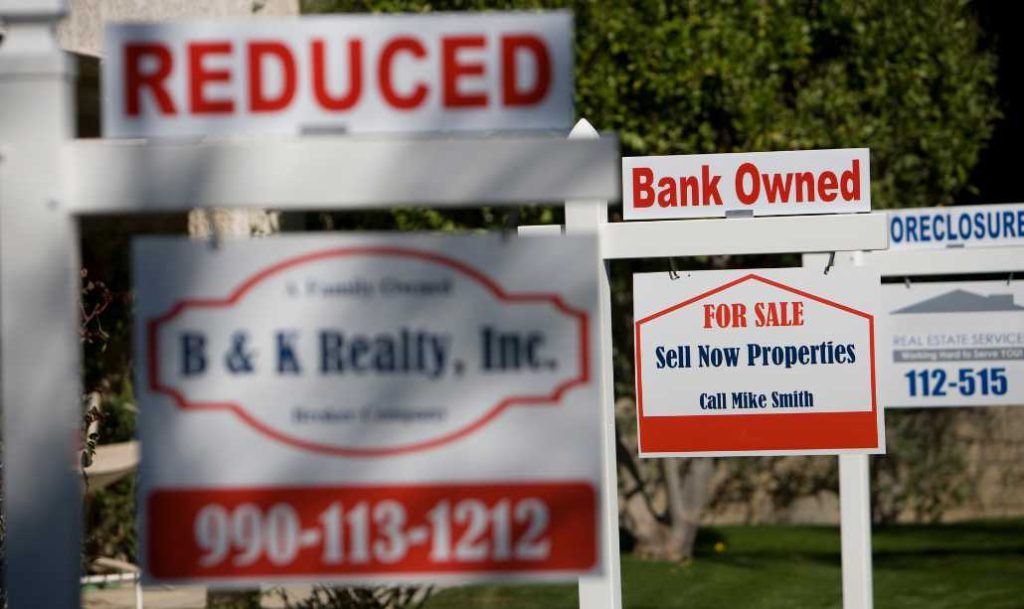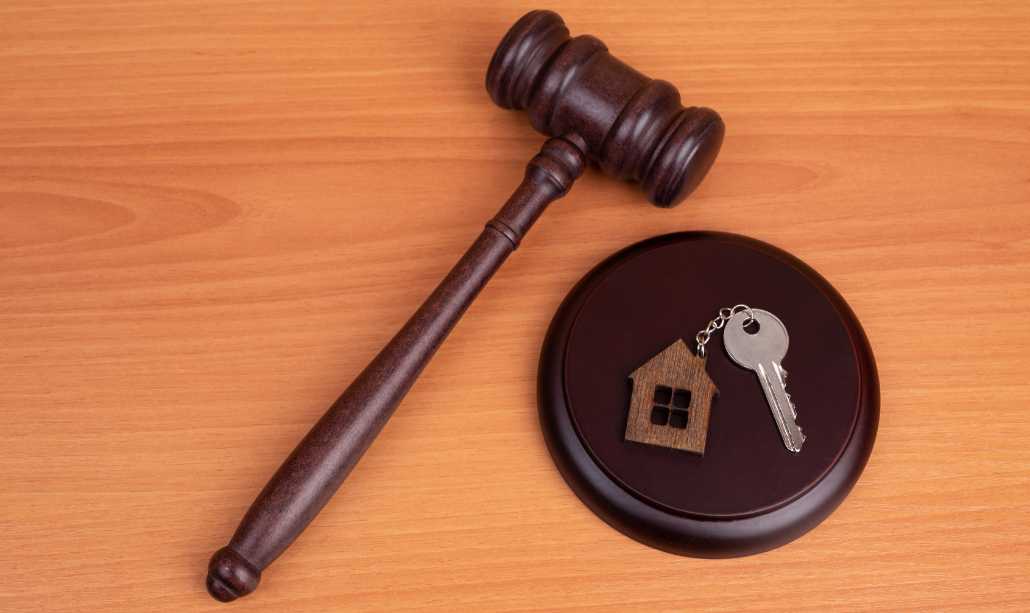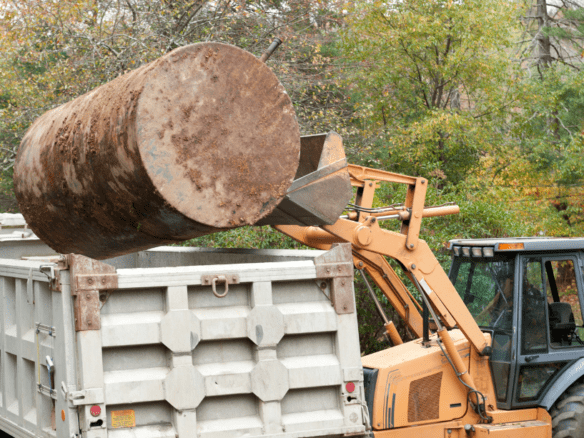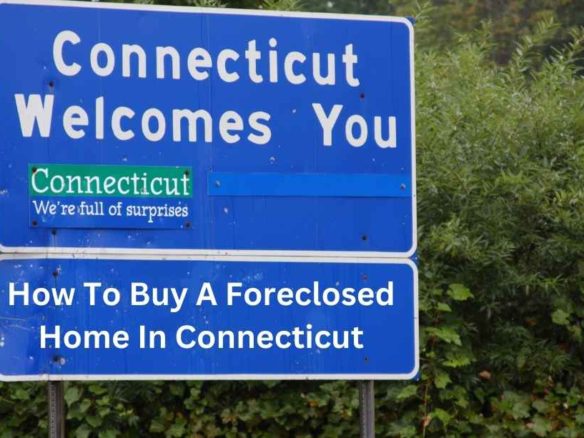Navigating the intricate world of real estate can be both an exhilarating and daunting experience, particularly when it comes to purchasing foreclosed homes. For many prospective buyers, the allure of acquiring property at a fraction of its market value is tempered by the significant financial barriers typically associated with such investments. However, an intriguing and often overlooked avenue exists for those willing to explore creative financing strategies: the possibility of purchasing foreclosed homes with little to no upfront capital.
This guide aims to elucidate the various methods available to savvy investors seeking to capitalize on foreclosure opportunities without the need for substantial personal funds. By examining alternative financing options, leveraging partnerships, and understanding key negotiation tactics, this article will provide a comprehensive roadmap for individuals aspiring to enter the foreclosure market without the traditional financial constraints. Whether you are a seasoned real estate investor or a novice eager to break into the market, this primer will equip you with the knowledge and tools necessary to successfully navigate this unique investment landscape.
Explore Government Foreclosure Assistance Programs: Research Programs Providing Aid For Buying Foreclosed Homes Without Upfront Costs
Many government programs are designed to help individuals purchase foreclosed homes by providing financial assistance and reducing the burden of upfront costs. For instance, the Federal Housing Administration (FHA) offers loans specifically tailored for buyers interested in foreclosed properties. These loans often come with lower interest rates and more flexible credit requirements, making homeownership more accessible for those who might otherwise struggle to secure traditional financing. Additionally, the Department of Housing and Urban Development (HUD) provides resources and grants that can cover down payments and closing costs, further alleviating the immediate financial pressures associated with buying a foreclosed home.
State and local governments also offer various initiatives to facilitate the purchase of foreclosed properties. These programs might include tax credits, subsidies, and even zero-interest loans aimed at revitalizing communities and increasing homeownership rates. By tapping into these resources, potential buyers can significantly lower their financial barriers and take advantage of the opportunities presented by the foreclosure market. Comprehensive research and consultation with housing counselors can uncover the most suitable programs for individual circumstances, optimizing the chances of securing a home with minimal initial investment.
Leverage Seller Financing Options Available: Negotiate Directly With Sellers Who Might Offer Financing Without Requiring A Down Payment
Negotiating directly with sellers who are willing to offer financing can be another effective strategy for buying foreclosed homes with no money. Seller financing, also known as owner financing, allows the buyer to make payments directly to the seller rather than securing a traditional mortgage through a bank. This arrangement can be particularly advantageous in situations where the buyer lacks the funds for a down payment or does not qualify for conventional loans. Sellers might be open to financing the sale themselves, especially if they are eager to offload the property quickly or if traditional financing options are limited due to the property’s condition.

When approaching seller financing, it is crucial to thoroughly discuss and negotiate the terms. Key points of the agreement should include the interest rate, repayment schedule, and any potential penalties for late payments. Both parties should have the contract reviewed by a legal professional to ensure that the arrangement is fair and legally binding. This method not only facilitates the acquisition of foreclosed homes for buyers with limited financial resources but also provides sellers with a steady income stream and potentially higher sale prices, making it a mutually beneficial option.
Seek Out Real Estate Partnerships: Find Investors Willing To Partner On Foreclosed Property Purchases, Sharing Costs And Profits
Identifying and collaborating with investors who are interested in foreclosed properties can be an effective strategy for those learning how to buy foreclosed homes with no money. Partnerships in real estate often involve pooling resources to cover costs such as the purchase price, rehabilitation expenses, and other associated fees. In return, profits from the sale or rental income are shared based on the terms agreed upon by all parties. This approach not only mitigates individual financial risks but also leverages the combined expertise and networks of the partners, potentially leading to more successful deals.
To establish such partnerships, it is essential to present a solid business plan that outlines the potential returns and risks of investing in foreclosed homes. Networking within real estate investment groups, attending industry conferences, and engaging with online forums can help in finding like-minded investors. Clear communication and a well-defined partnership agreement ensure that each party’s contributions and share of profits are transparently documented. By leveraging these partnerships, individuals can navigate the complexities of how to buy foreclosed homes with no money more effectively.
Utilize Hard Money Loans Carefully: Consider High-Interest Short-Term Loans Designed For Purchasing Foreclosed Properties With No Money Down
Hard money loans can be a viable option for those looking to finance the purchase of foreclosed homes without initial capital. These loans are typically provided by private lenders or investment groups and are secured by the property itself. Due to their short-term nature, usually ranging from a few months to a couple of years, and higher interest rates compared to traditional financing, they require careful consideration and planning. Borrowers need to have a clear exit strategy, such as selling the property or refinancing into a conventional mortgage, to avoid the substantial financial burden associated with prolonged high-interest payments.
When considering hard money loans, it’s crucial to conduct thorough due diligence on the property to ensure it can be resold or refinanced within the loan’s timeframe. Assess the property’s market value, potential repair costs, and the local real estate market conditions to gauge the feasibility of a quick turnaround. Engaging with experienced real estate professionals and financial advisors can provide additional insights and support, helping to navigate the complexities of hard money lending. This approach, while potentially risky, can offer a pathway to acquiring foreclosed properties without upfront cash, provided it is managed with strategic planning and careful financial oversight.
Investigate Rent-To-Own Opportunities Available: Look For Foreclosed Homes Offering Rent-To-Own Agreements, Allowing You To Buy Over Time.
Exploring rent-to-own opportunities can be an effective strategy for acquiring foreclosed homes with limited initial funds. This approach involves entering into an agreement where you rent the property for a specified period with the option to purchase it later. During the rental phase, a portion of the rent paid often goes toward the eventual down payment, gradually reducing the amount needed to secure a mortgage. This can be particularly advantageous for individuals needing time to improve their credit scores or save additional funds while securing the property they intend to buy.
To maximize the benefits of rent-to-own agreements, it is essential to scrutinize the terms and conditions thoroughly. Ensure that the contract clearly outlines the purchase price, the portion of rent credited toward the down payment, and the duration of the rental period before the purchase option can be exercised. Additionally, getting a home inspection is crucial to identify any potential repairs or issues that could impact future property value. By carefully evaluating these aspects, you can make an informed decision and strategically work towards homeownership while minimizing upfront costs.
Conclusion
In conclusion, buying foreclosed homes with no money down is certainly challenging but not impossible. By leveraging creative financing strategies such as hard money loans, seller financing, or partnerships, you can navigate the complexities of the real estate market. It’s essential to conduct thorough research, understand the legalities, and seek professional advice to minimize risks and maximize potential returns. Remember, persistence and due diligence are key. With the right approach, you can successfully acquire foreclosed properties and build a profitable real estate portfolio without substantial upfront capital.
FAQ
Can You Explain The Process Of Buying A Foreclosed Home With No Money Down?
Buying a foreclosed home with no money down is challenging but possible. One method is through a VA loan, which offers 0% down for eligible veterans. Another option is USDA loans for rural properties, which also require no down payment. Alternatively, you can explore seller financing, where the seller funds the purchase, or seek out real estate investor partnerships. Additionally, some banks may offer special programs or incentives for foreclosed properties. Always assess the property’s condition and potential costs before proceeding. Consulting with a real estate agent experienced in foreclosures can provide valuable guidance.
What Are Some Creative Financing Options For Purchasing A Foreclosed Property With Little To No Money Upfront?
Creative financing options for purchasing a foreclosed property with little to no money upfront include seller financing, where the seller acts as the lender; lease-option agreements, allowing you to rent with an option to buy; hard money loans from private investors; and partnerships with investors willing to provide capital in exchange for a share of profits. Additionally, seeking government programs or grants that support first-time homebuyers or purchasing distressed properties can also help mitigate upfront costs.
How Can Someone With No Savings Or Down Payment Qualify For A Mortgage To Buy A Foreclosed Home?
Someone with no savings or down payment can explore options like USDA loans, VA loans (for veterans), or FHA loans, which offer low down payment requirements. Additionally, they might consider down payment assistance programs offered by state or local governments, or negotiate with the seller to cover closing costs. Some lenders also offer special programs for first-time homebuyers or those purchasing foreclosed properties. It’s crucial to improve credit scores and maintain steady employment to enhance eligibility. Consulting a mortgage broker could help identify the best options available.
Are There Any Government Programs Or Grants Available To Help Individuals Purchase Foreclosed Homes With No Money?
Yes, there are government programs and grants that can help individuals purchase foreclosed homes with little or no money down. For example, the U.S. Department of Housing and Urban Development (HUD) offers the Good Neighbor Next Door program, which provides significant discounts for teachers, firefighters, police officers, and EMTs on foreclosed homes in revitalization areas. Additionally, the Federal Housing Administration (FHA) offers loans with low down payment requirements for qualifying buyers, and various state and local programs may offer grants or assistance for purchasing foreclosed properties. Always check specific eligibility criteria and availability.
What Are Some Potential Risks Or Pitfalls To Be Aware Of When Buying A Foreclosed Home With No Money Down?
Buying a foreclosed home with no money down carries several risks, including hidden property damage and repair costs, which can be substantial. Additionally, there may be title issues or unpaid liens that become the buyer’s responsibility. Foreclosed properties are often sold “as-is,” meaning no warranties or guarantees. Financing such deals can also be more challenging, and interest rates may be higher. Lastly, the competitive nature of foreclosure auctions can drive prices up, potentially negating the initial cost savings. Buyers should conduct thorough due diligence to avoid these pitfalls.







Join The Discussion